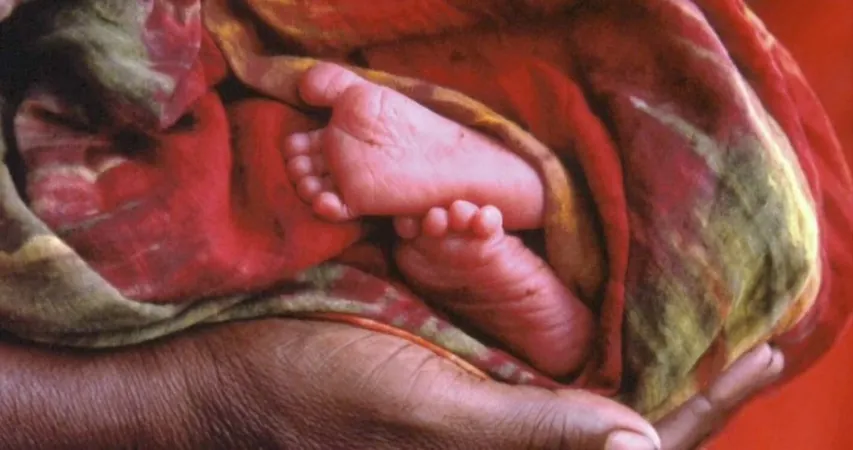
New Hope for Infant Respiratory Health: Tackling RSV with Innovative Solutions
2024-11-12
Author: Charlotte
New Hope for Infant Respiratory Health: Tackling RSV with Innovative Solutions
In a groundbreaking development this September 2024, the World Health Organization's Strategic Advisory Group of Experts (SAGE) has urged all countries to adopt maternal vaccinations and long-acting monoclonal antibodies (mAbs) to combat severe respiratory syncytial virus (RSV) in young infants. This recommendation marks a significant milestone in the global effort to utilize these lifesaving interventions to reduce infant mortality rates associated with RSV.
With RSV being a leading cause of severe respiratory infections among children worldwide, accounting for millions of hospitalizations and thousands of deaths each year, the push for awareness and accessibility is paramount. The urgency is particularly high in low- and middle-income nations where healthcare resources are often limited, and the need for effective interventions is greatest.
Understanding RSV and its Impact on Infants
RSV is a virus that nearly all children will encounter by the age of two. While most cases present mild cold-like symptoms, infants, especially those under six months, are at the highest risk of severe illness and complications. Shockingly, nearly half of all RSV-related deaths occur in this vulnerable age group. With seasonal variations in RSV outbreaks—more prevalent in temperate climates during the colder months and a year-round issue in tropical regions—addressing this virus is critical.
Introducing Innovative Prevention Strategies
The new maternal RSV vaccine, administered once during pregnancy, enhances a mother's immunity, allowing for the transfer of protective antibodies to the baby. The World Health Organization recommends this vaccination be provided during the third trimester to ensure optimal immune protection for newborns.
For over a decade, PATH has been leading the charge in advancing RSV prevention through comprehensive efforts encompassing the entire vaccine development and delivery process. They are now focusing on creating valuable resources to facilitate informed decision-making regarding RSV interventions.
Raising Awareness and Creating Resources
Recognizing the gaps in awareness about RSV as a significant public health issue, PATH and WHO have partnered to create the RSV Roadshow communications toolkit. This toolkit provides stakeholders with essential materials to educate and inform at various levels, ensuring that critical knowledge about RSV and new immunization options reaches those who need it most.
Generating Evidence for Better Decision-Making
To further support the introduction of these new maternal vaccines, PATH is conducting extensive health economics studies in various countries, including Ghana, Nigeria, and Vietnam. These studies seek to understand the cost-effectiveness of maternal vaccines and identify potential challenges in their implementation. Additionally, evaluations in several African countries aim to align current antenatal care practices with the necessary immunization windows for maximum effectiveness.
Compiling Existing Data for Greater Insight
The recent landscape analysis performed by PATH and WHO sheds light on pregnancy registries within low- and middle-income countries, evaluating readiness for new maternal vaccine adoption and its subsequent impact on public health strategies. The findings will be pivotal for organizations like Gavi, the Vaccine Alliance, as they consider future vaccine programming.
As the world stands on the brink of a major advancement in RSV prevention, the time to act is now. With ongoing rollouts in wealthier nations, accelerating access to these crucial interventions in vulnerable regions is essential. We are filled with hope and eager to ensure that no child, regardless of location, misses out on better respiratory health.
Don't let this opportunity slip away—spread the word and advocate for these life-saving measures! The future of infant respiratory health hangs in the balance, and together, we can make a difference.


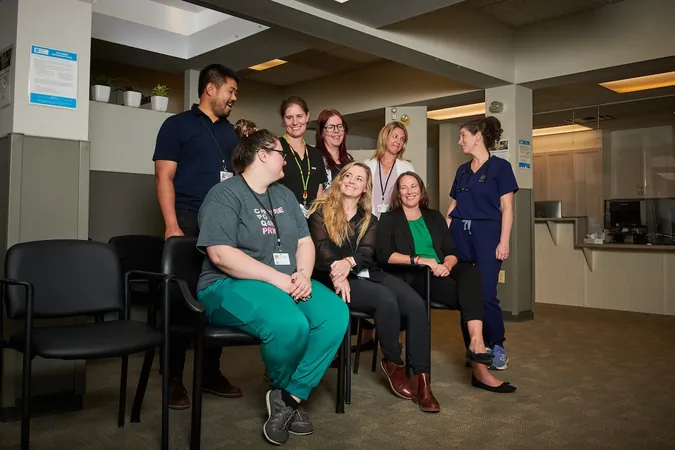
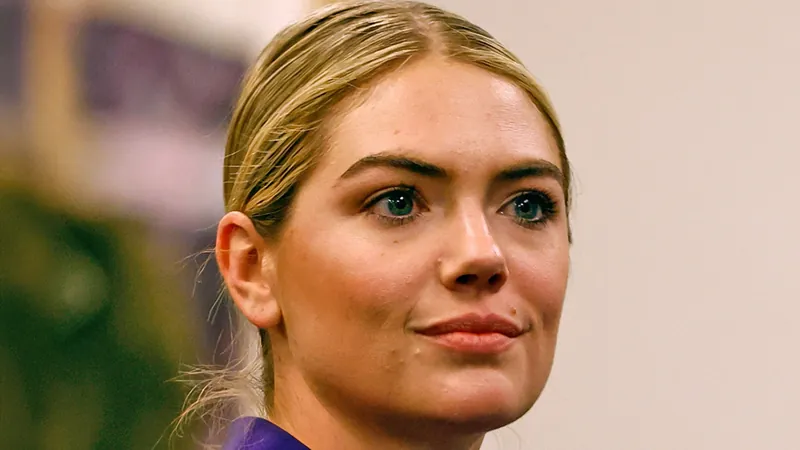
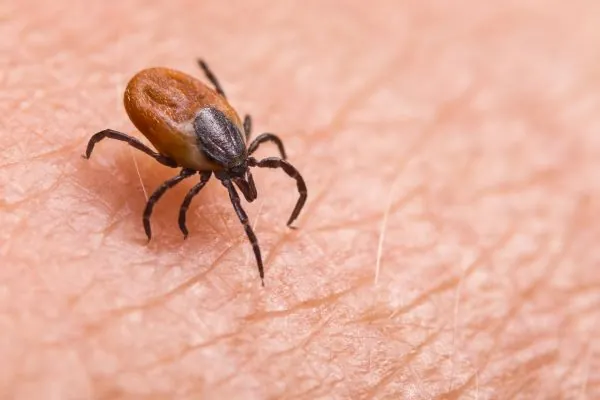
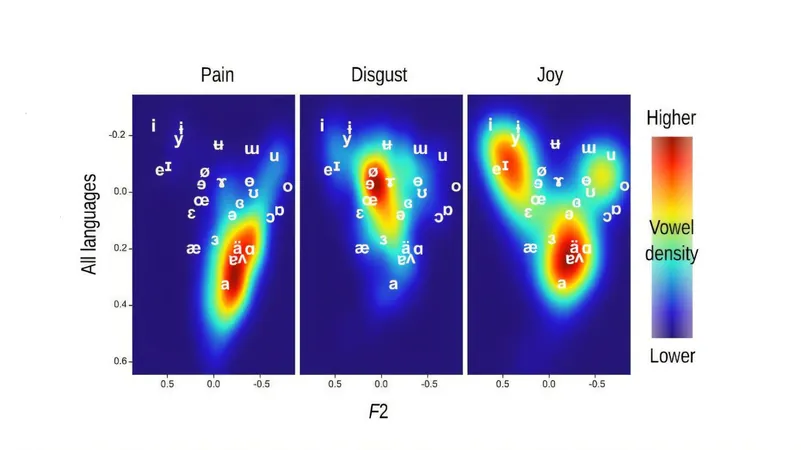



 Brasil (PT)
Brasil (PT)
 Canada (EN)
Canada (EN)
 Chile (ES)
Chile (ES)
 España (ES)
España (ES)
 France (FR)
France (FR)
 Hong Kong (EN)
Hong Kong (EN)
 Italia (IT)
Italia (IT)
 日本 (JA)
日本 (JA)
 Magyarország (HU)
Magyarország (HU)
 Norge (NO)
Norge (NO)
 Polska (PL)
Polska (PL)
 Schweiz (DE)
Schweiz (DE)
 Singapore (EN)
Singapore (EN)
 Sverige (SV)
Sverige (SV)
 Suomi (FI)
Suomi (FI)
 Türkiye (TR)
Türkiye (TR)